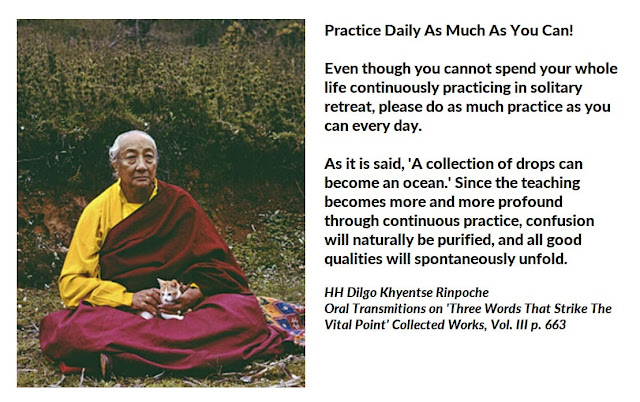“When Bodhidharma arrived in China, in the latter part of the fifth century, there were approximately 2,000 Buddhist temples and 36,000 clergy in the South. In the North, a census in 477 counted 6,500 temples and nearly 80,000 clergy. Less than fifty years later, another census conducted in the North raised these figures to 30,000 temples and 2,000,000 clergy, or about 5 percent of the population.” (Introduced and translated by Red Pine: The Zen Teachings of Bodhidharma.)
You can listen to a computer read the book.
“If this is all we know about Bodhidharma, why, then, is he the most famous of all the millions of monks who have studied and taught the Dharma in China? The reason is that he alone is credited with bringing zen to China. Of course, zen, as meditation, had been taught and practiced for several hundred years before Bodhidharma arrived. And much of what he had to say concerning doctrine had been said before—by Tao-sheng, for example, a hundred years earlier. But Bodhidharma’s approach to zen was unique. As he says in these sermons, “Seeing your nature is zen … . Not thinking about anything is zen … . Everything you do is zen.” While others viewed zen as purification of the mind or as a stage on the way to buddhahood, Bodhidharma equated zen with buddhahood—and buddhahood with the mind, the everyday mind. Instead of telling his disciples to purify their minds, he pointed them to rock walls, to the movements of tigers and cranes, to a hollow reed floating across the Yangtze, to a single sandal. Bodhidharma’s zen was Mahayana Zen, not Hinayana Zen—the sword of wisdom, not the meditation cushion. As did other masters, he undoubtedly instructed his disciples in Buddhist discipline, meditation, and doctrine, but he used the sword that Prajnatara had given him to cut their minds free from rules, trances, and scriptures. Such a sword, though, is hard to grasp and hard to use. Small wonder that his sole successor, Hui-k’o, was a one-armed man.“ (op cit)
Bodhidharma: “…when you first embark on the Path, your awareness won’t be focused. You’re likely to see all sorts of strange, dreamlike scenes. But you shouldn’t doubt that all such scenes come from your own mind and nowhere else.”
Recent listening:
It's 30 years since Meeting The Buddhas came out. I listened to the interview of Vessantara on Windhorse. I appreciated that book when I read it long ago, pretty near when it came out, and I'm glad to see it's all back in one book now. It was split up into 3 books for a while.
Fascinating interview of Nagabodhi about his book about Sangharakshita.
Bhikkhu Bodhi from Chuang Yen Monastery.
Ajahn Chah on Right Samadi. Developing Samadi.
Hillside Hermitage seems pretty intense.






No comments:
Post a Comment